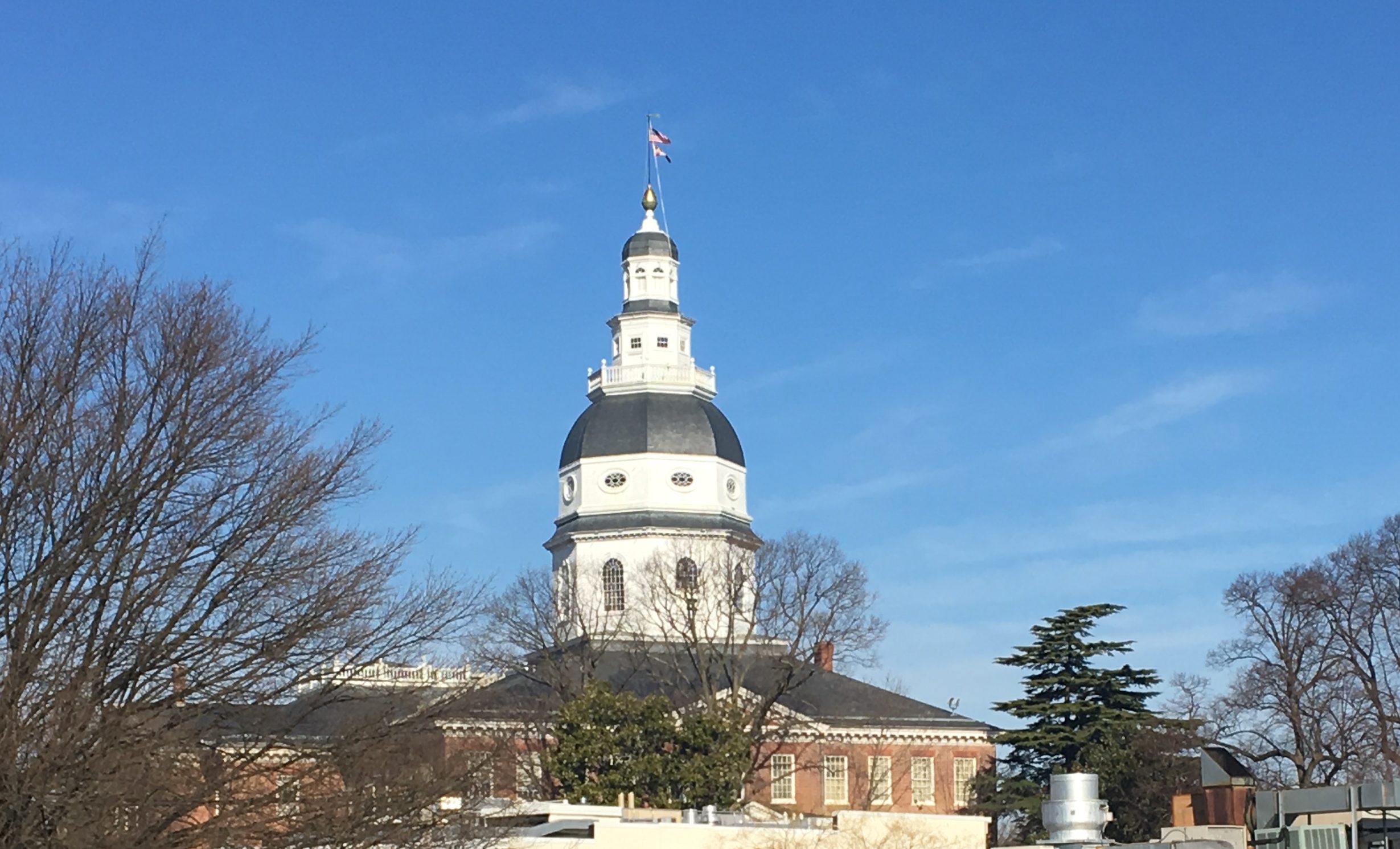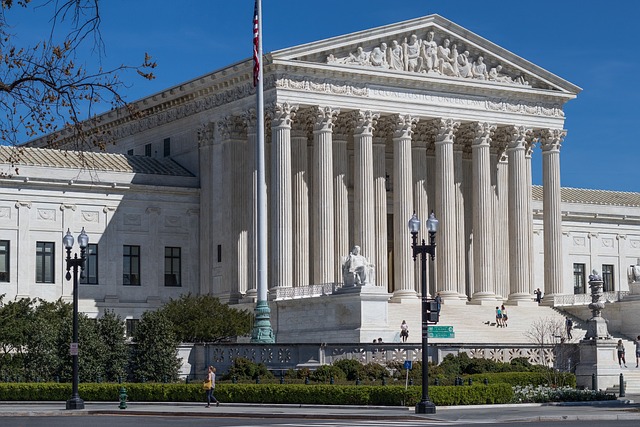Justices consider case involving visa denied to husband of U.S. citizen
By KATHERINE WILSON
Capital News Service
WASHINGTON – Supreme Court justices seemed conflicted Tuesday during oral arguments over whether a U.S. citizen can challenge the denial of a visa for a noncitizen spouse because the government expected that spouse to engage in unlawful activity.
The State Department in fiscal 2023 denied almost 5,400 visa applications from noncitizens attempting to live with their citizen spouses or fiances using the unlawful activity, according to the agency’s attorney, Curtis Gannon.
The high court is being asked if denying a visa for a noncitizen impinges on the U.S. citizen spouse’s constitutionally protected interests and if simply citing the law behind a visa denial provides a sufficient reason for that denial.
The case centers on Sandra Muñoz, a California attorney, who married El Salvadorian citizen Luis Asencio-Cordero in 2010.
In 2015, the U.S. consulate in San Salvador denied Asencio-Cordero’s visa application. This was done under the provision that an officer can deny visas to anyone believed to be entering the country to engage in unlawful activity.
The couple was not told why the consular officer believed that Asencio-Cordero was likely to engage in this activity until after the one-year deadline to respond to the denied visa expired.
The State Department revealed in 2018 that the decision hinged on Asencio-Cordero’s tattoos and the consular officer’s belief that the body art linked Asencio-Cordero to the criminal gang MS-13, a fact that the couple and a court-approved gang expert refuted.
A consulate’s visa denial is not subject to judicial review unless the denial interferes with the constitutionally protected interests of a U.S. citizen, according to the American Bar Association. Muñoz’s interest in this case is in her marriage and living with her husband, Muñoz’s representative, Eric Lee, argued.
The State Department appealed this case to the Supreme Court to prevent having to further explain visa denials under the unlawful activity standard in other cases, citing security concerns.
During oral arguments, justices seemed somewhat convinced of Muñoz’s constitutional interests in her marriage but less so about what the State Department should have done differently regarding providing reasons for the visa denial.
The State Department argued that Muñoz did not have a significant enough interest to trigger a review of the consulate’s decision.
“The U.S. citizen is affected only indirectly by the government’s action against the noncitizen,” Gannon told the justices.
However, Supreme Court cases going back over a century guarantee constitutionally protected rights of marriage, including the right for couples to live with one another, Justice Sonia Sotomayor said.
Sotomayor said that while Muñoz doesn’t have a constitutional interest in having a visa granted, she does have an interest in her marriage, having her husband visit and getting information about why the visa was denied.
“You’re saying she’s entitled to nothing. Why do we have to go that far?” Sotomayor said. “Why don’t we just address, given all of our centuries of statements about marriage being something more?”
Gannon argued that providing more information other than what provision triggered the denial could pose a national security threat. Citing reasons for why applicants, as in this case, are thought to be gang members could publicize U.S. intelligence on criminal organizations, he said.
Chief Justice John Roberts latched onto this argument during his questioning of Lee, pressuring Lee to weigh the constitutional interests of Muñoz with the government’s interest in denying visas to people who present a danger to the country.
Lee said that additional information about visa denials would allow citizens to properly refute false accusations. If his client had known which gang Asencio-Cordero was believed to be associated with, Lee said, then the couple’s representatives would have been able to analyze his tattoos and provide more proof of his innocence- which included Catholic imagery and Sigmond Freud – and with more specificity.
Justices, including Elena Kagan, pressured Gannon on how much information they could provide about visa denials – including asking for one sentence as an explanation.
“One sentence gives you a lever to try to contest an inaccuracy in what the government is doing, and the other gives you no lever at all,” Kagan said.
During the arguments, numerous justices critiqued Lee’s arguments that focused mostly on statutes instead of the Constitution.
“I don’t think you can answer this constitutional question by citing statutes,” Justice Samuel Alito said.
If the court were to rule in Muñoz’s favor, Lee said in his opening statement, he hoped the government would allow her to formally refute the claim against her husband and have another chance for approval.
“She’s been permanently separated from the man that she loves for eight years without having any basis, any chance when there was an opportunity to respond under the regulations, to try and convince them that they made a mistake,” Lee said.
Keren Zwick, the director of litigation for the National Immigrant Justice Center, agreed with Lee’s position and said in a statement that she believes this case is about the right to due process.
“The right to due process is fundamental to our legal system, and we’re hopeful that the Supreme Court will recognize that in this case,” Zwick said.
If the ruling aligns with the State Department’s wishes, the court would recognize that the department upheld the existing standards and provided sufficient reason for the visa being denied, Gannon said.
He also pushed the court to recognize that a U.S. citizen does not have interests, which would trigger judicial review of a non-citizen spouse’s visa.
The court is expected to rule on this case in June.

Capital News Service is a student-powered news organization run by the University of Maryland Philip Merrill College of Journalism. With bureaus in Annapolis and Washington run by professional journalists with decades of experience, they deliver news in multiple formats via partner news organizations and a destination Website.

